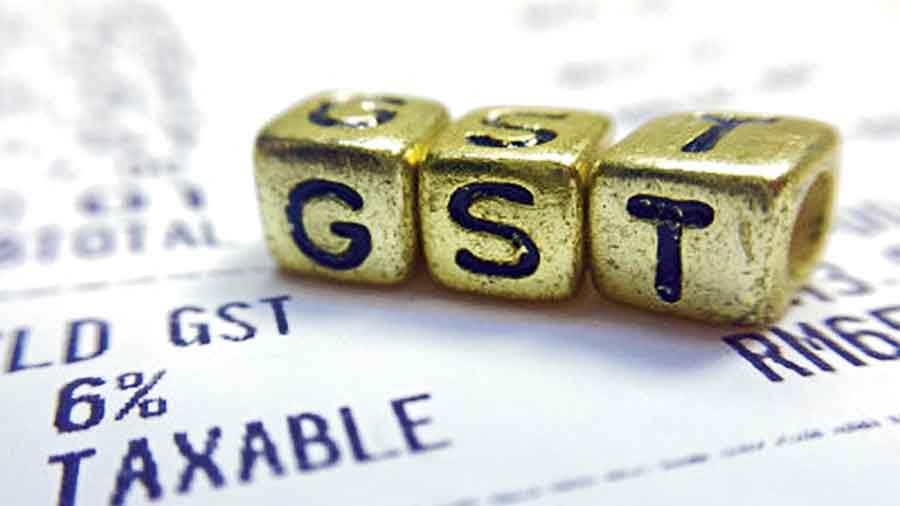The GST Council, chaired by finance minister Nirmala Sitharaman, will meet on June 28 and June 29 in Srinagar. The meeting is expected to be a stormy one with the states pushing for extending the compensation beyond June to make up for their revenue shortfall.
Analysts expect the states to press for alternative resource mobilisation avenues. Finance ministers from Opposition-led Kerala, Bengal and Chhattisgarh have said they will raise the issue.
“It is very interesting that the next GST Council Meeting is scheduled just on the eve of the compensation cess coming to its scheduled end on June 30,” M.S. Mani, partner, Deloitte India, said.
“While there have been previous discussions which indicate that the cess could come to an end at the end of five years, the collections from businesses are expected to continue to overcome the GST revenue shortages encountered in the past.”
He said: “The increase in the collection period vis-à-vis businesses is therefore not expected to translate to higher revenues for states as it is merely a loan repayment mechanism. Since state finances are also stretched, the end of the guaranteed compensation from July 22 and alternate resource mobilisation avenues for states are expected to feature at the meeting.”
Bipin Sapra, partner — tax & regulatory services — indirect tax, Ernst & Young LLP said: “The current GST Council meeting has the primary agenda of discussing the circumstances arising out of the end of compensation regime. There is a possibility that given the current economic conditions, GoM may not be able to recommend rate increases across slabs. Hence the government may consider interim measures to provide revenue support to the states.”
He said discussions may be held on the ability of the states to impose fresh taxes under the GST, given the Supreme Court judgment endorsing the rights of the states. “While enough deterrents exist in India’s federal systems and the current design of GST law and processes, it may impact the final decision on the compensation.”
Abhishek Jain, partner indirect tax, KPMG in India, said the council was expected to discuss tax slab rationalisation(s) i.e. moving from 5 per cent to to 7-8 per cent and from 18 per cent to 20 per cent rates.
The council may “also look to rationalise the exemptions provided under GST, while considering to correct the inverted duty structure for the textile sector,” he said.
“The original five-year tenure of compensation cess levy will end on 30 June 2022. The final view is also expected on whether this tenure of compensation cess levy will be extended to compensate the states for losses beyond the originally envisaged period of 5 years, as is demanded by most states, ” he added.
Amit Mitra, principal chief advisor to chief minister and finance department of West Bengal government, in a letter to Sitharaman, has sought the continuation of the GST compensation to the states for the next three to five years beyond June 2022.











